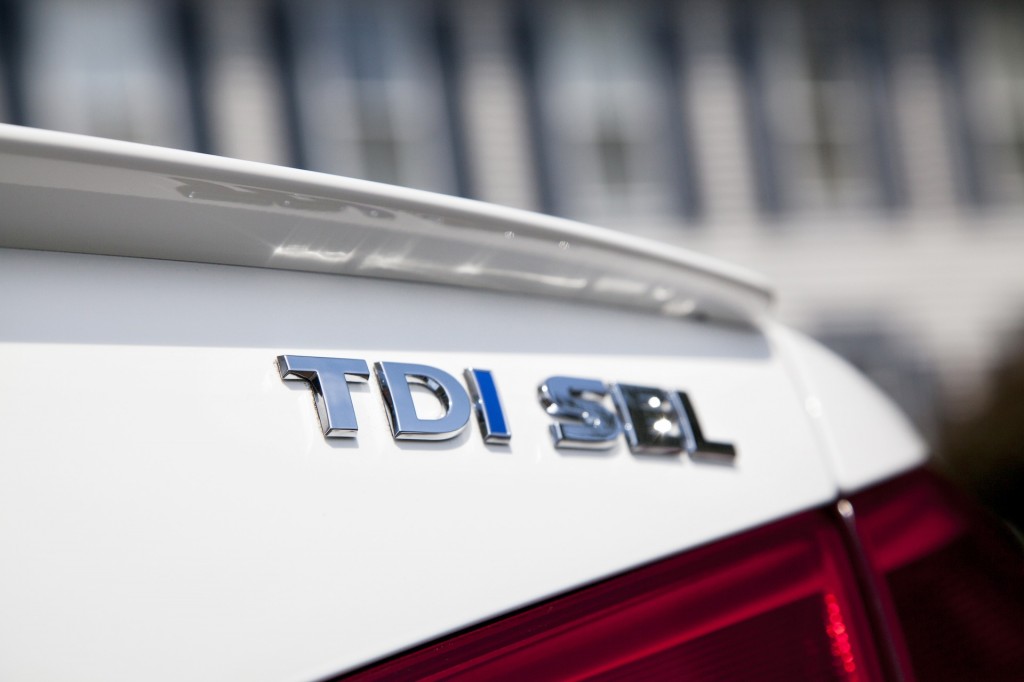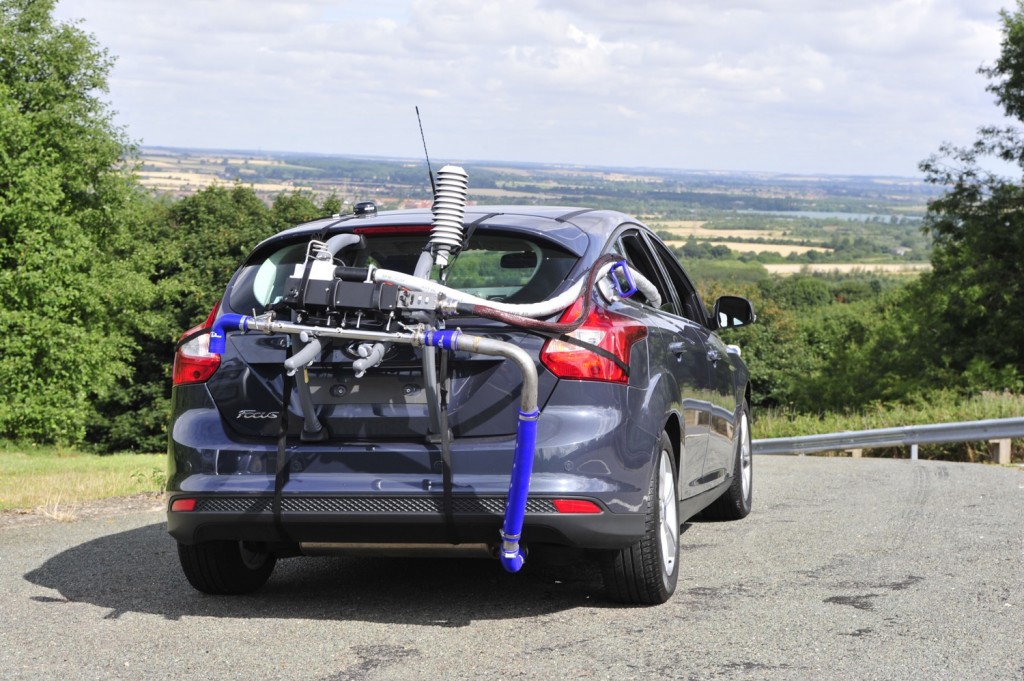Volkswagen's use of illegal "defeat device" software in its TDI diesel cars wasn't uncovered by the Environmental Protection Agency—or by any other regulatory agency.
It was discovered by independent researchers from West Virginia University (WVU), working with the International Council on Clean Transportation (ICCT).
The five-person team, working at WVU's Center for Alternative Fuels, Engines, and Emissions, determined that VW was cheating on laboratory tests after it evaluated three diesel cars under real-world driving conditions.
DON'T MISS: VW diesel agreement: what we know (and don't know) in 5 questions
Since then, the researchers have received quite a bit of attention from the public, including calls from Leonardo DiCaprio's "people" about a movie version of the VW scandal.
It's quite an adjustment for these self-proclaimed "engineering nerds," whose actual work is anything but glamorous, as a recent profile in WVU's college magazine shows.
The WVU researchers certainly didn't expect to trigger a scandal that—eight months later—Volkswagen still hasn't fully addressed.

2014 Volkswagen Passat TDI
In 2013, WVU was given $70,000 by the ICCT to conduct research on diesel-exhaust emissions.
The plan was to see if production diesel cars could really meet strict U.S. emissions standards in the real world, which would have proven a major coup for diesel had that proven the case.
The fact that Volkswagen TDI models were included at all was more or less a coincidence.
ALSO SEE: VW diesel scandal now 6 months old; what have we learned?
At the time, VW sold a large portion of the diesel cars on U.S. roads, but researchers weren't eyeing any specific model or manufacturer.
They just wanted cars with 120,000 miles on the odometer.
Finding suitable used diesel cars on the East Coast proved difficult, so researchers decided to move their testing to California.

2012 Volkswagen Passat TDI Six-Month Road Test
There they borrowed diesel models of a Volkswagen Jetta, a Volkswagen Passat, and a BMW X5 from rental agencies and a private owner.
That the VW models produced far higher levels of emissions in the real world than in the lab was surprising, but not unprecedented.
In the 1990s, the research center had uncovered the use of "defeat device" software by six manufacturers of heavy-duty diesel engines used in commercial trucks.
MORE: CARB Shows Test Equipment That Found VW Diesel Defeat Device (Video)
Those makers—Caterpillar, Cummins, Detroit Diesel, Mack Trucks, Navistar International, Renault, and Volvo Truck—collectively spent roughly $1 billion to settle the case, including an $83.4 million civil penalty.
The EPA also ordered the six to conduct real-world emissions tests. That in turn led to the lab developing portable emissions measurement systems, or PEMS—the same equipment used to uncover Volkswagen's emissions cheating.
Since news of the VW scandal broke in late September, WVU researchers have moved on to introducing a more compact version of this equipment, called AirCom.

Portable Emissions Measurement System (PEMS) (Photo by Millbrook Proving Ground)
Where a standard PEMS includes a bulky apparatus strapped to the back of a test car, plus additional hardware that can fill a back seat, AirCom fits in a tailpipe.
It's also expected to cost just a "few hundred dollars," compared to $250,000 for a full-size PEMS. That would make it practical to install in fleets of vehicles, yielding more data.
Volkswagen, meanwhile, has reached the outlines of an agreement with regulators on how to address roughly 482,000 of the affected diesel cars.
Drivers are expected to get the option to sell their cars back to VW, or have them modified to meet EPA emissions standards.
The EPA and Volkswagen must file final details of the plan by June 21, and they will be reviewed in a preliminary hearing in Federal court July 26.
[hat tip: George K]
_______________________________________________












